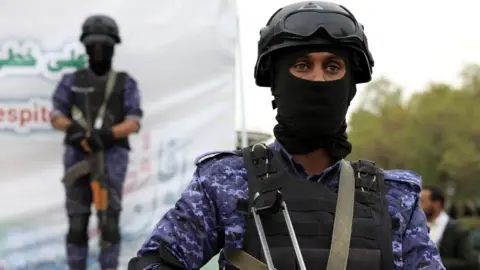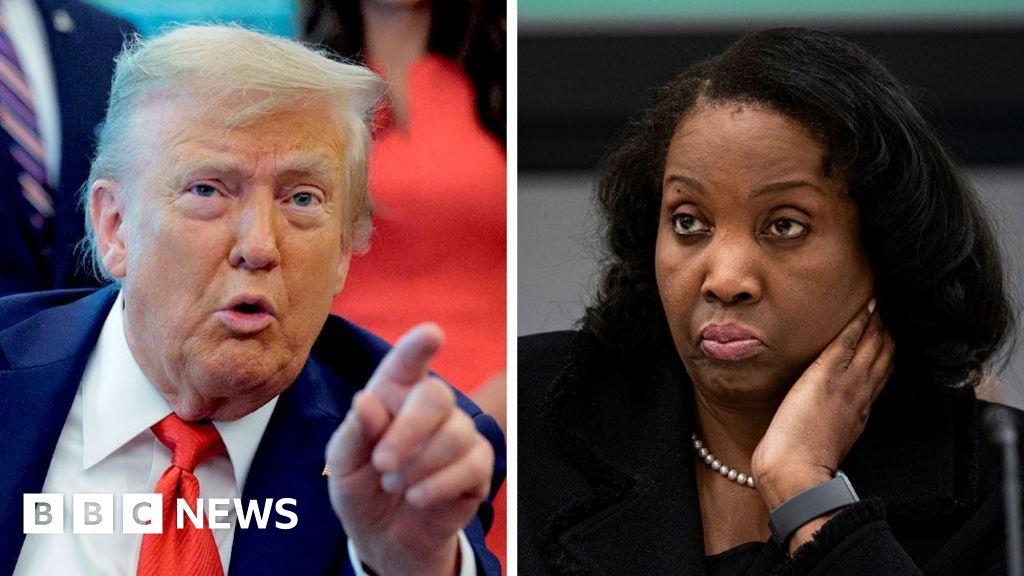In a controversial announcement, the UK government has revealed plans to drastically reduce foreign aid, particularly affecting health and education support in Africa. The cuts, which decrease aid spending from 0.5% to 0.3% of the UK's gross national income, have raised concerns among aid charities about the fate of the world's most vulnerable populations. The government asserts that the changes, driven by a strategic review, aim to bolster defense spending and prioritize efficiency. However, critics argue that the cuts will jeopardize critical programs, leading to increased risks in health outcomes and education access.
The reduction in funding has been described as the most severe in years, with substantial decreases in assistance for women's health initiatives and educational services for children. This decision contradicts previous commitments and comes at a time when many African nations are grappling with heightened humanitarian crises. Aid organizations, including Unicef, have voiced their alarm, stating that the cuts will have a "devastating and unequal impact" on already marginalized communities, while calls are being made for a renewed focus on child-centered aid strategies.
Despite promises to protect multilateral funding directed at organizations like the World Bank and Gavi vaccine alliance, the changes have been met with frustration from various sectors. Sarah Champion, chair of the International Development Committee, criticized the move, suggesting it forsakes the world’s most disadvantaged individuals in favor of political expediency.
Addressing the response to the cuts, the government maintains that they are a necessary step towards ensuring that taxpayer money is used more efficiently. However, many within the aid community are left questioning the long-term consequences, as conditions for women and children in countries like South Sudan, Ethiopia, and others remain precarious.
As the government grapples with public opinion on foreign aid, it faces a pivotal moment where the future of international support and humanitarian assistance hangs in the balance.

















